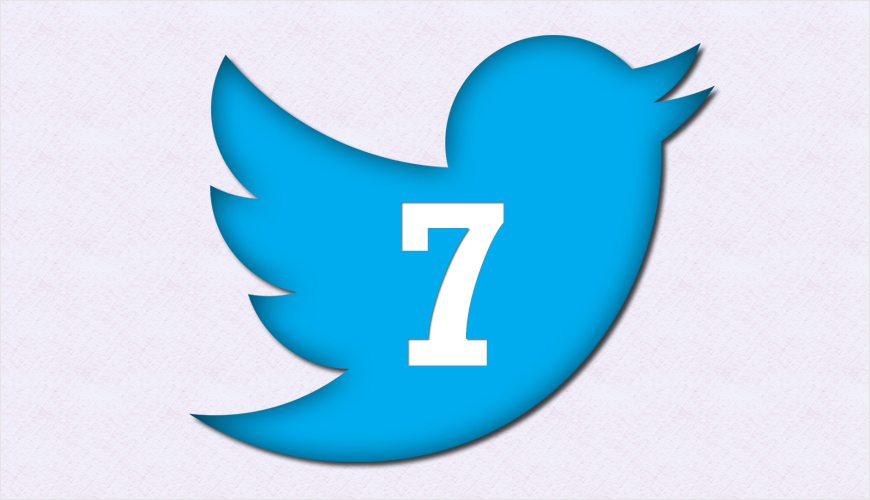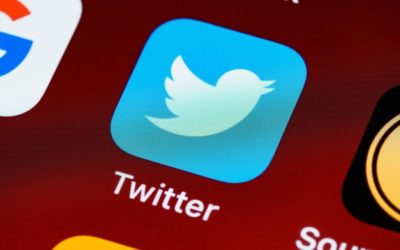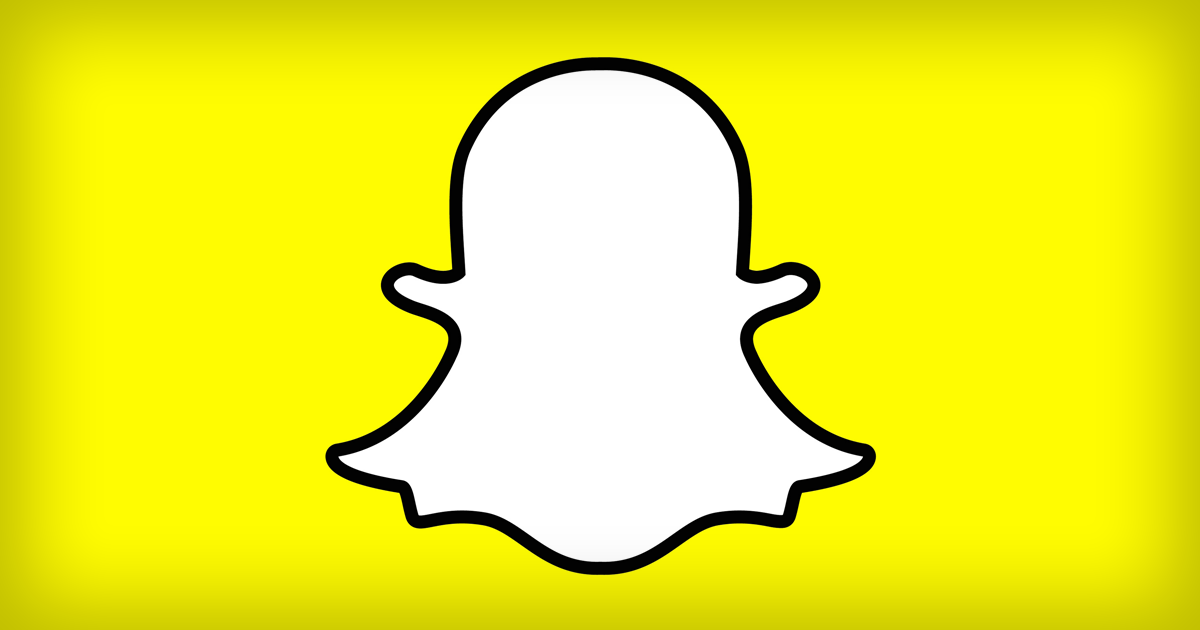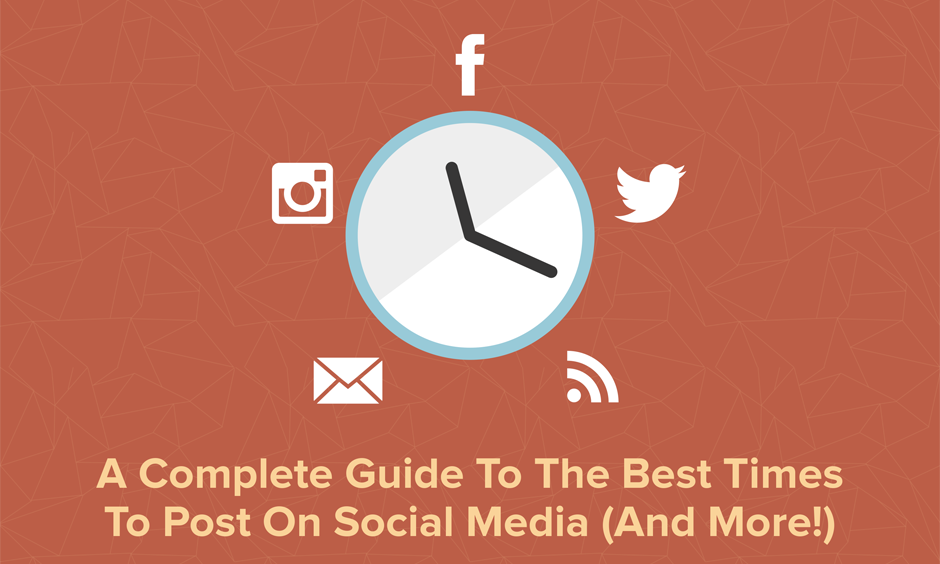Today is Twitter’s 7th birthday, so to celebrate, here are seven ways the social network has impacted politics.
1. Enabled Revolutions
Across the globe, for better and for worse, revolutions have been fueled by the fact that organizers could use Twitter to send messages to supporters. Many users of the service may not realize that Twitter started as a way to share messages via text message, not mobile apps. This capability allowed anti-government protestors to communicate with large audiences quickly and anonymously, most notably in Iran in 2009.
2. Crowdsourced Debate Spin
No presidential debate will ever be the same. Throughout the bruising 2012 debate schedule, by the time the candidates left the stage, long before the lights went up in the spin room, the conventional wisdom on the debate outcome was already set. The political influencers on Twitter were ferocious in their analysis, giving real meaning to the term “24-second news cycle” and making second screen debate watching a mandatory activity.
3. Cranked up the News Cycle
Speaking of the 24-second news cycle, Twitter has uniquely combined instant notifications, broad reach, and an influencer-heavy audience to become the de facto breaking news outlet across the globe. From plane crashes to Supreme Court rulings to even finding Osama bin Laden, it may not always be right, but the Twitterverse is on the spot for breaking news, forcing the traditional media to adopt the Twitter channel or get out of the way.
4. Increased Access to Elected Officials
Congressional staffers have spent decades building elaborate barriers to keep American citizens from having direct access to their elected officials. This, however, came to a screeching halt as member after member began setting up Twitter accounts and asking that fateful question, “How do you add this to my phone?” Twitter gave citizens a back door to direct contact with their elected officials, and also gave those elected officials a chance to be authentic and show their human side.
5. Made the #hashtag mainstream
Before the advent of Twitter, the big brainstorming sessions where policy and communications wonks plan the rollout of major legislation would have never included the question, “So what should our hashtag be?” The hashtag is important because it allows users to tag tweets based on a topic, or in essence, to tag our lives. Hashtags also define breaking events, such as #snowpocalypse or #standwithrand.
6. Sentiment Analysis — See what others are thinking
Since the mid-1970s, the primary way to find out what people were thinking about a given issue was to run a telephone poll. Because of the sheer volume and diversity of its users, however, today Twitter allows opinion researchers to use data to measure the sentiment of opinion simply by culling its data and analyzing the text.
This is a mind-blowing change in measuring public opinion, as it makes analytics that much more accessible and real-time. This impacts how campaigns deploy resources and plan messaging.
7. United States Senators railing against Twitter
It may not be the most thought provoking political statement ever made, but this definitely would not have happened in a pre-Twitter world:
What? We can’t #instagram on #twitter anymore? The world no longer makes any sense! #cmonman #tcot #gop #sayfie
— Marco Rubio (@marcorubio) December 11, 2012
What do you think?
What other ways has Twitter impacted politics?




